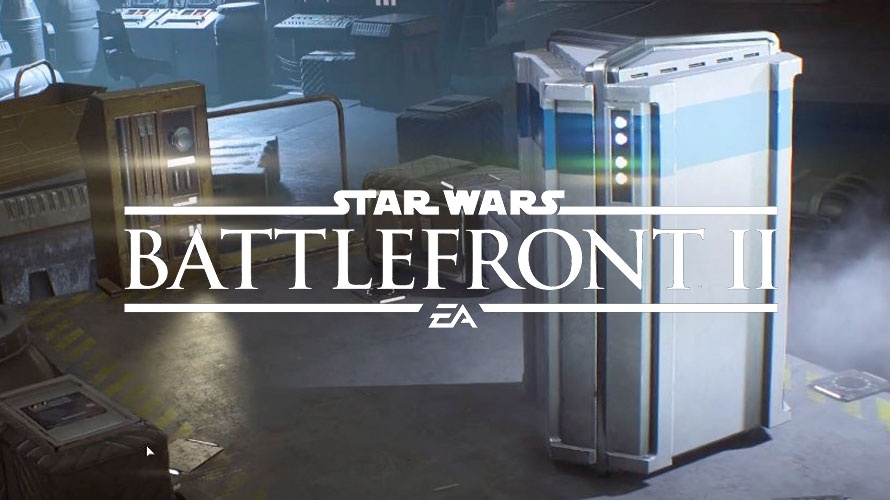
Just when people started to think that 2017 couldn't get any worse, so close to the end, it, well, got worse. Though I am reluctant to bring more negativity into the world by mentioning the repeal of a basic human right, the loss of net neutrality is but another reminder that no one in a position of power cares what the public has to say anymore.
And when there are those who hope to avoid this negativity and distract themselves from the horrid way the year is ending by visiting a beloved pastime, they find they cannot even avoid the drama anywhere.
Yes, 2017 was a year for controversies in the gaming industry, with Battlefront II and PUBG taking the forefront near the end. Many of this year's controversies also dealt with corporate greed and lack of compassion for players (read: the public).
So I better get this article published before no one's allowed to read it anymore.

Racism is bad. I can't believe we still have to say this in 2017. I can't believe we still have to tell people that they can't be racist.
And if a beloved public figure is racist, they are soon to be not beloved anymore.
Earlier this year, popular YouTuber JonTron released a series of comments reflecting his racist and political views. Upon discovery of the comments, Playtonic, developers of Yooka-Laylee, a game in which JonTron had a voice acting role, removed JonTron from the game.
It is refreshing to see a developer act so fast when a public figure does something wrong.
Let me reiterate: it is refreshing to see someone be punished for doing something wrong rather than keeping their position.
Good on you, Playtonic.
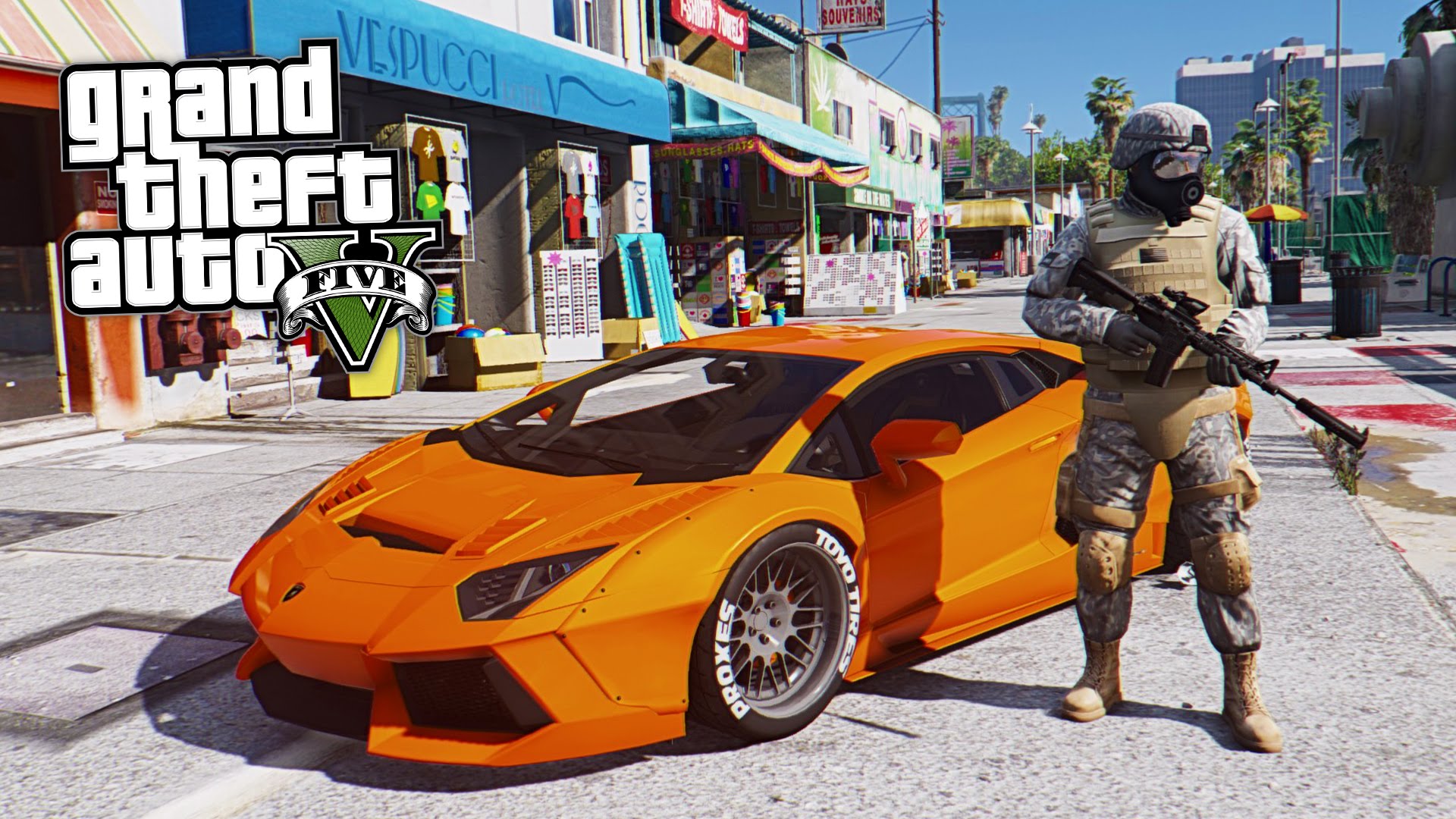
There's a fine line between people doing what they want and people taking that power and doing things they shouldn't.
Rockstar Games and their parent developers Take-Two tried to cross that line, and public outrage ensued.
Back in June, Take-Two issued OpenIV tools to no longer allow online players the modding feature in Grand Theft Auto 5, as they were using the mods to not only be malicious to other players but to "allow third-parties to defeat security features of its software and modify that software."
Though their ban was in noble pursuits -- trying to stop bullying and retaining a fun environment for all players -- taking away creative licenses from people who expect the gaming feature made quite a few players a little testy.

So far, the controversies I've mentioned have consisted of someone being punished because someone has been an asshole. This next controversy follows along that theme.
Following the release of Friday the 13th: The Game, players anticipated a unique horror game they could play with their friends in a scary environment. Instead, they dealt with the aforementioned assholes who would verbally abuse other players (including the threat of rape/sexual assault), racism, and exploitation, among other offenses.
Developers Gun Media took action against these malicious players, banning them from Friday the 13th -- which, naturally, made these players angry, as well as others who thought they were unfairly banned. Though Gun Media allowed players to come back if they were simply taking advantage of a bug that had since been fixed, for those who displayed verbal abuse and racism, their ban was not lifted.
So maybe our take-away lesson for this is to stop being an asshole.
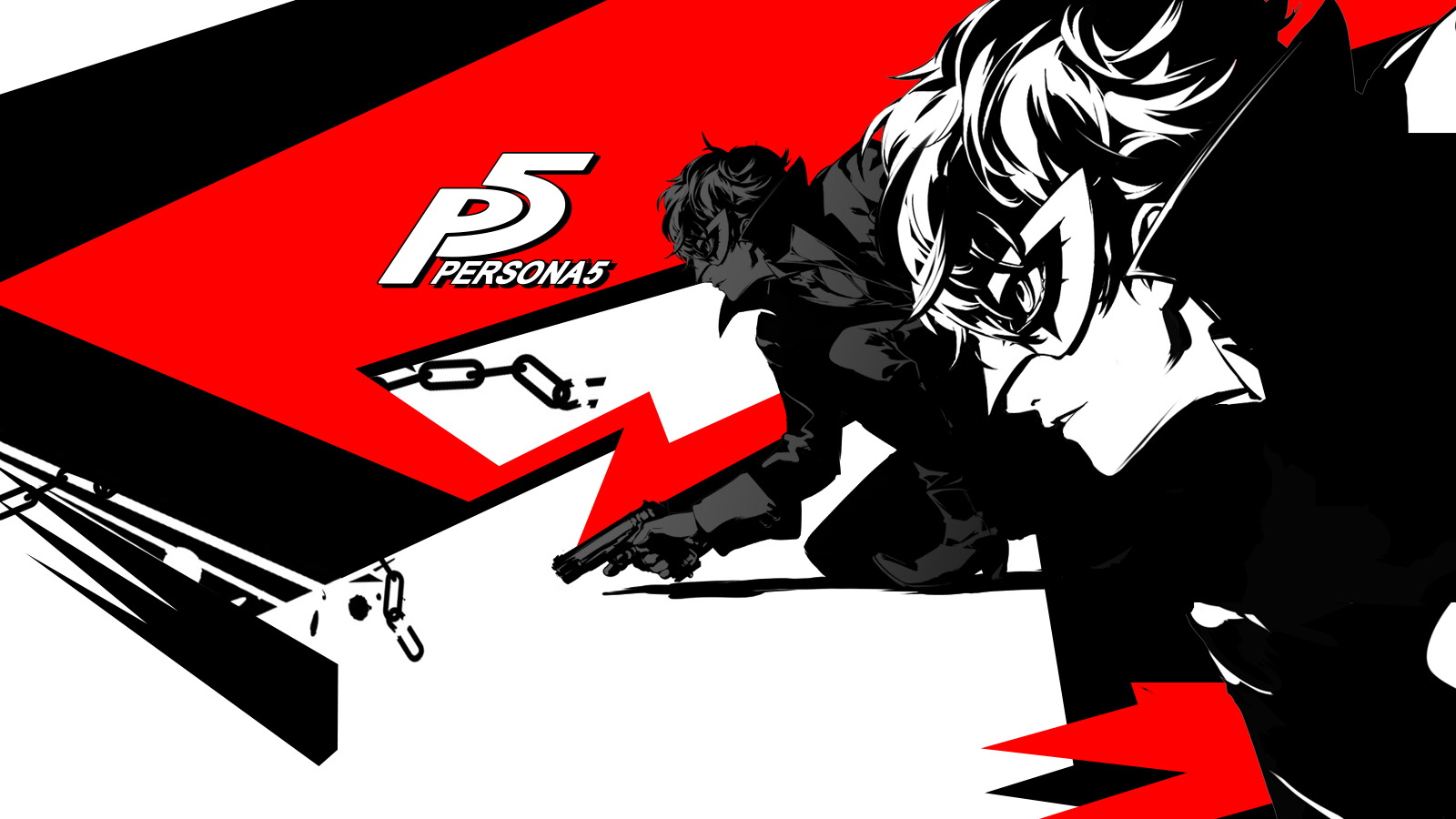
As an avid watcher of streamers and an eternal fan of RPGs, I was surprised that I hadn't seen much about Persona 5 until I started reading the lists praising it.
And then I found out about the streaming controversy surrounding it, and everything suddenly made sense.
After its Japan release, developers disabled Persona 5's PS4 share features in order to avoid spoilers for other players. As soon as the game was released worldwide, Atlus allowed shared footage (but still no screenshots), though players had to follow a few guidelines and read a few disclaimers first.
This was a valiant effort to try to keep the ending a surprise for the people who care about the storytelling experience, but there's no way to stop people from posting spoilers on the internet.
Let me reiterate: there is no way to stop people from posting spoilers on the internet, and if you try to stop them, you are going to have a bad time.
Just remember that, kids. Stay away from the internet if you don't want spoilers. Because even with the lack of footage I found for the game, if I really cared that much, I could have just Googled it.
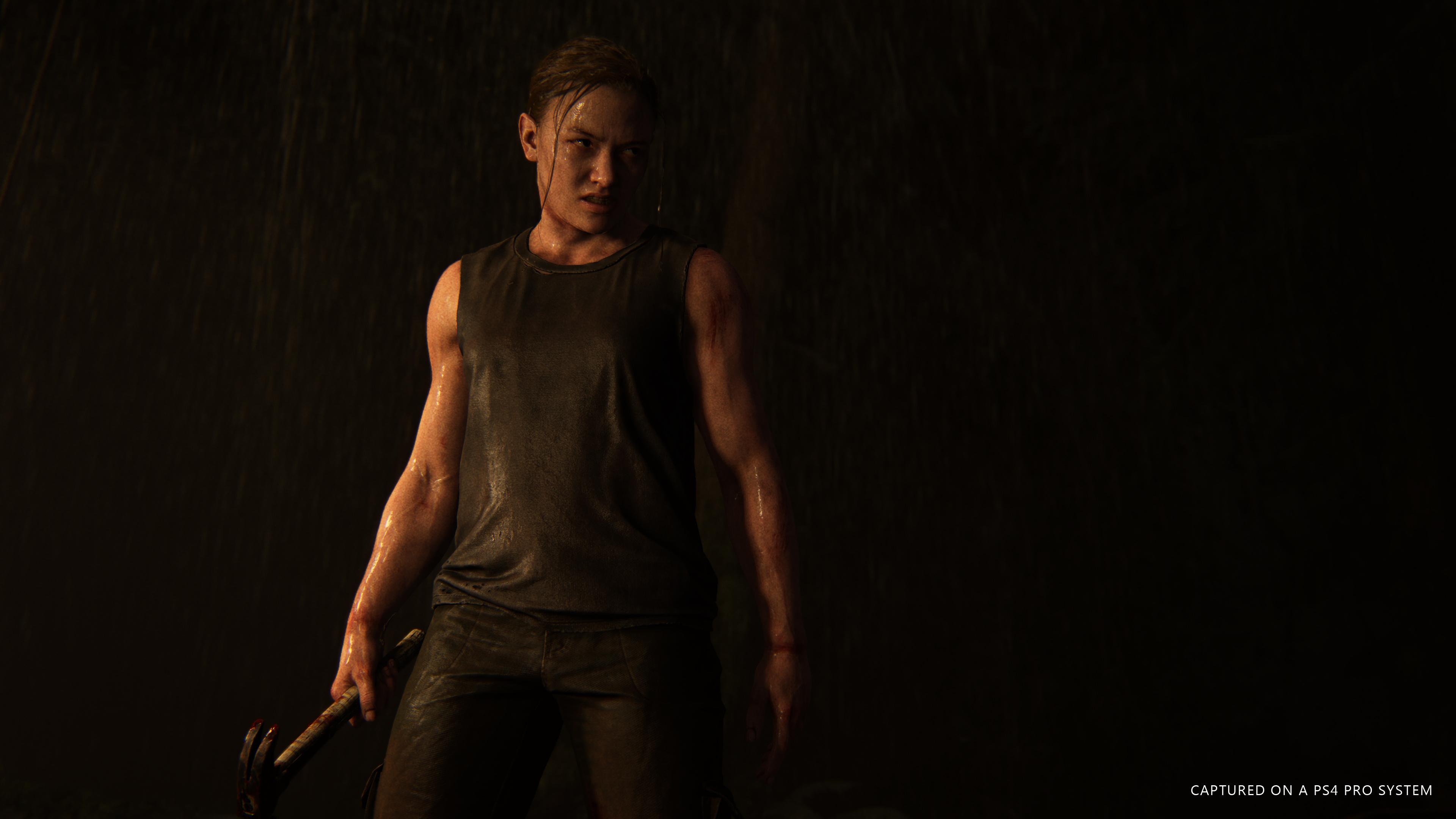
The Last of Us is a brutal game. It's rated M for a reason. Scary, bloody, traumatizing things happen in the game to both the characters and the players.
These same scary, bloody, and traumatizing things happen in The Last of Us: Part 2 trailer -- and people didn't feel too good about it.
Though the first trailer is everything everyone's ever wanted out of a sequel for the game (Ellie playing a guitar and Joel calling her kiddo), the second released trailer had a lot more violence. Like, a lot more violence.
In a Forbes article about the game, they mention that the needless violence of the trailer felt more like "shock value," while others argue that it's a grown-up game for grown-up people, and violence is okay.
Regardless of which stance someone takes about the violence, we won't really know for sure what to expect until the game's release.
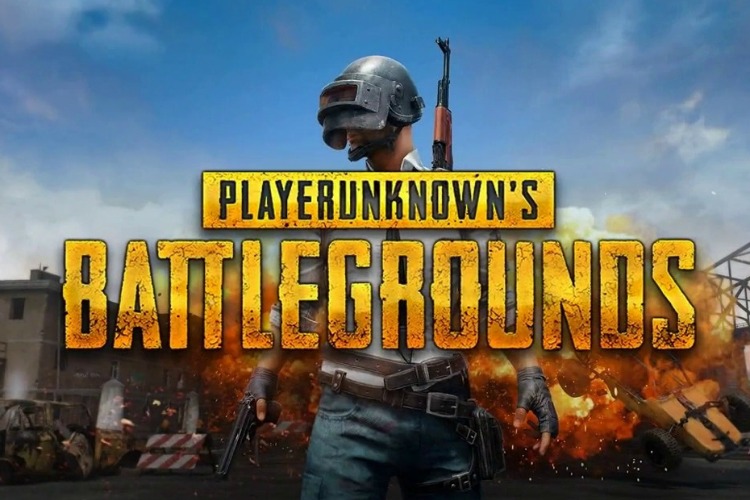
This next controversy is best described as a hissy fit. That's right: a hissy fit.
When Fortnite released their own battle royale mode after the already successful PUBG, developer Bluehole, outraged, complained that Epic Games stole the idea from them and took legal action against them. This spurred on a whole debate over developers "owning a genre," as the concept of a battle royale is not an entirely original idea, and began a race between the two games for supremacy (and for a moment, the winner was Fortnite).
Though I haven't heard anything bad about either game, when one developer throws shade at another, people are probably more likely to side with the developers who aren't trying to own an idea.
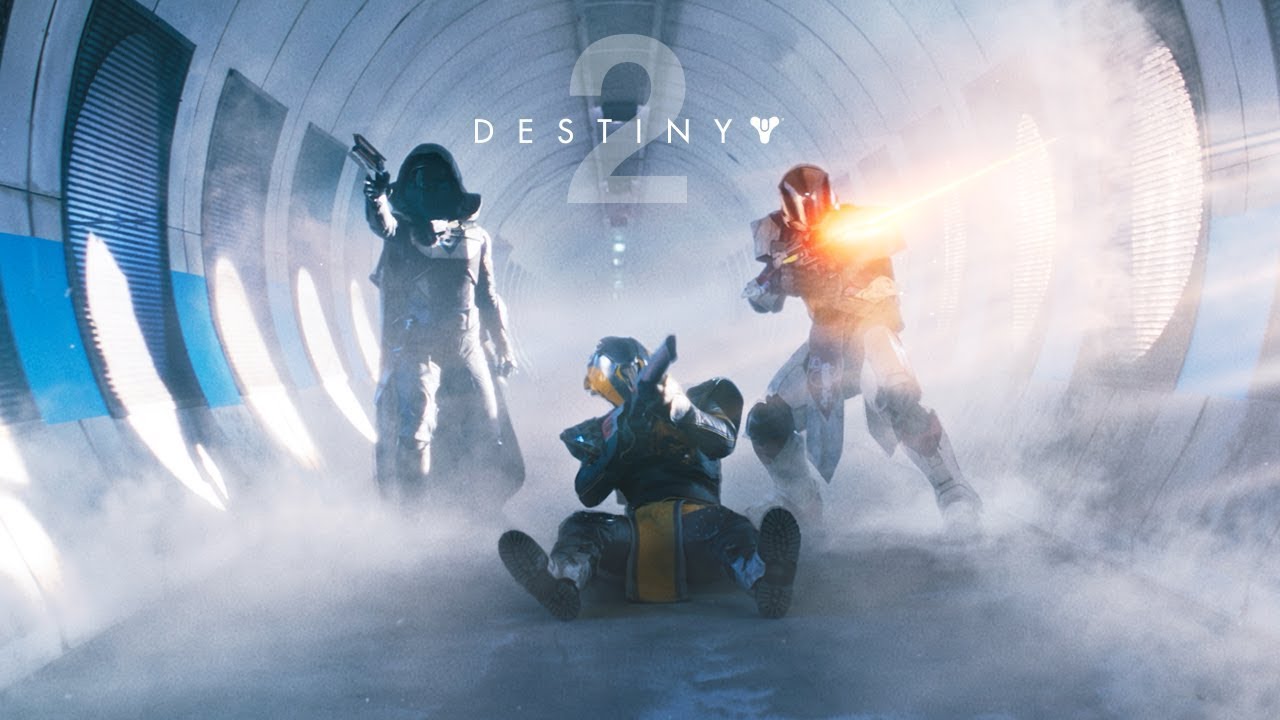
There's nothing quite like discovering that the system is rigged. You don't know whether to be outraged by the mistreatment or proud of yourself for finding it out (probably both).
That's certainly how players felt about the controversy surrounding Destiny 2 and the fact that during one of the game's experience boost events, players thought they were gaining experience as usual, when in actuality, Bungie was "throttling XP progress invisibly while telling players they were earning XP as usual."
Because this process is tied to the game's microtransactions, needless to say, players felt that a ploy was afoot. Bungie rushed to fix the discrepancy, but once that kind of evil enters the world, it will never leave.

Apparently, if you wanna be considered a game these days, you gotta have loot crates.
But with so much strife surrounding the term "loot crates," it's a wonder how any game hopes to survive with them as an added feature.
Call of Duty: WWII brings their loot crates into the ring with a more "prestige" flair than money-grubbing, but for some reason, Call of Duty is also giving incentives not only for opening a loot box, but for watching another player open theirs, too.
Though these boxes can be purchased with both real money or in-game currency, the whole ordeal feels perilously close to gambling, and the game's schemes are more about psychological manipulation than they are a blatant grab for money.
This instance is just another in a long list of reminders that modern gaming puts a lot more focus on a grab for money than they used to.
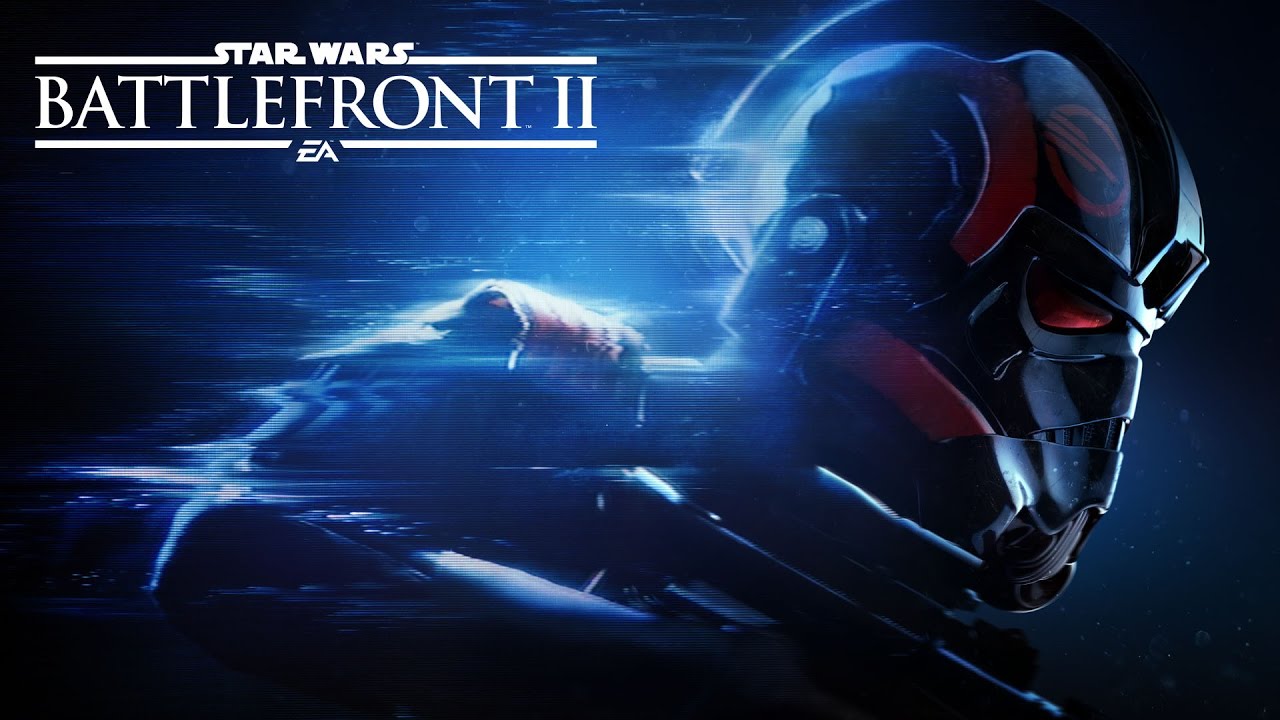
You're either the type of person who saves the best for last or the worst for last; in this instance, it's both.
Battlefront 2 stands at the forefront of 2017's biggest gaming controversies with their stance about loot boxes, their players, and their company policies.
Everyone and their mother has probably heard by now about the rigged Battlefront 2 loot crate and hero unlocking system as an obvious ploy for money. Players could grind for an unreasonable and nearly impossible amount of time, or they could instead just buy upgrades that have significant impacts on gameplay and progression. EA's initial response earned them the most downvoted comment in the history of Reddit (maybe even the world).
Obviously, that didn't go over so well with the community.
Threats of refunds and abandonment of the franchise caused EA to suspend their microtransaction feature, but no one's holding out hope that when it returns, they won't still have to pay money for features that should already be available to them in a $60 game.

So, clearly, 2017 wasn't our year in gaming. Bullying is still a problem, both by other gamers and apparently by the companies too, and everyone's out for a quick buck. Racism is still happening, and having quarrels over who stole whose idea is running amok in the threads of the internet.
Woven together, these controversies create a giant tapestry of hatred, greed, and apathy.
Where can people turn when what once served as a distraction from the harsh realities of the world becomes one of the harsh realities?
Suppose we could always just play Mario. He'll always be there for us.

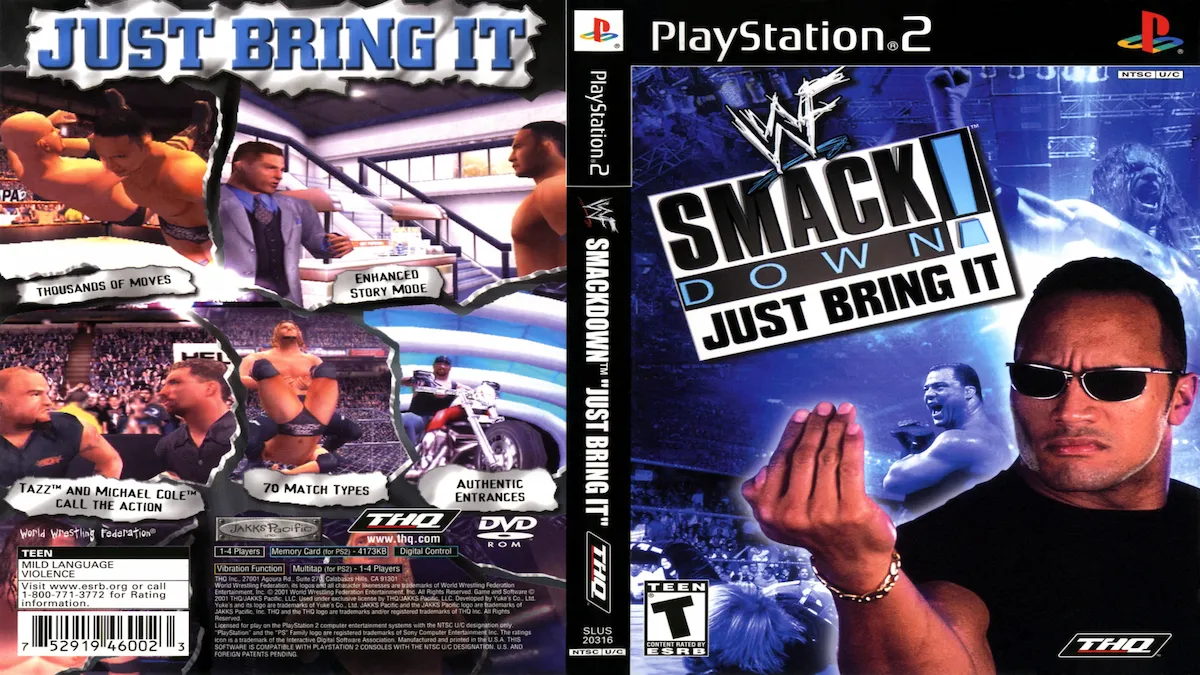
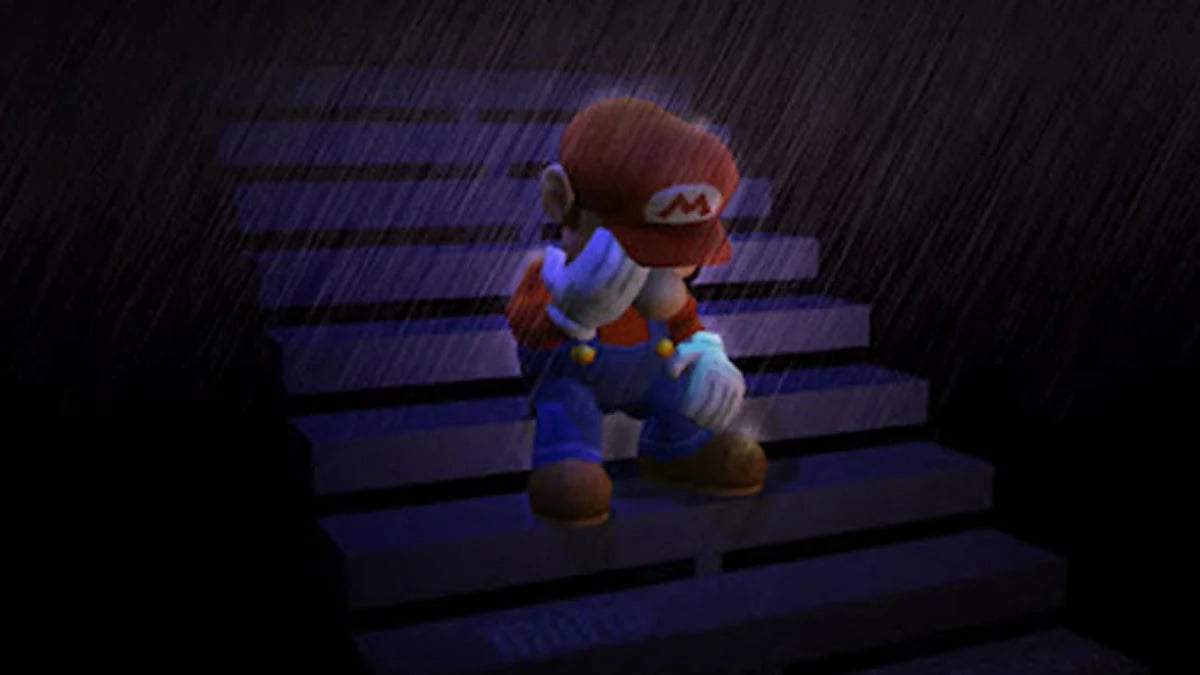
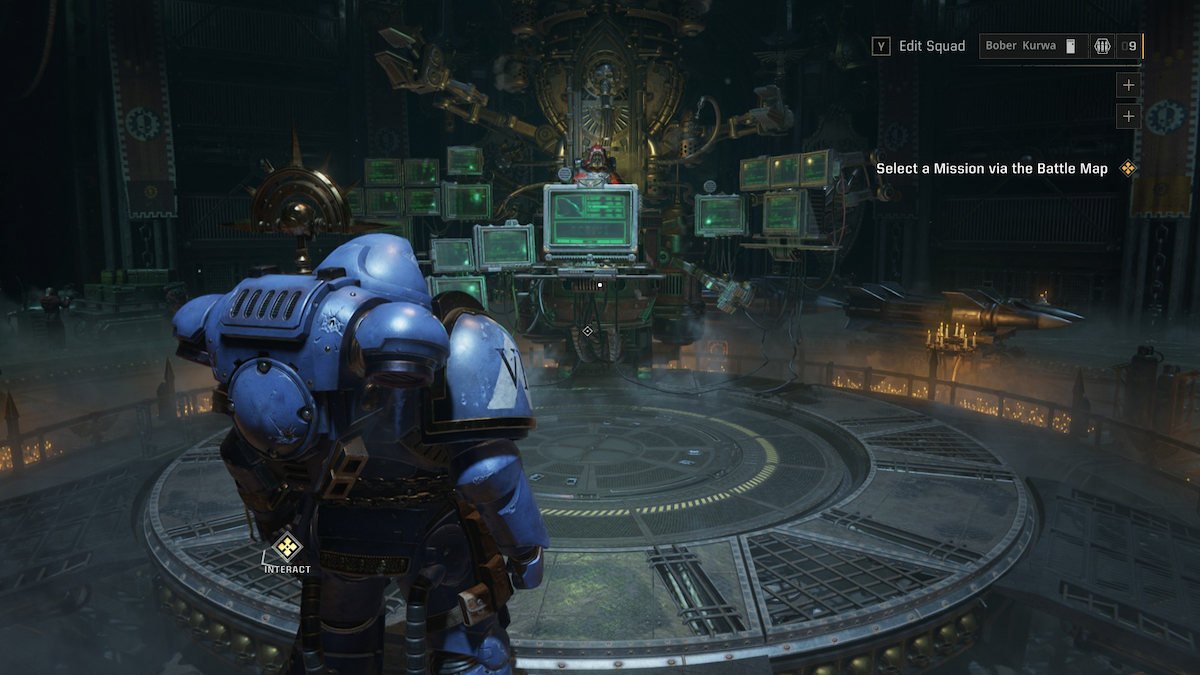
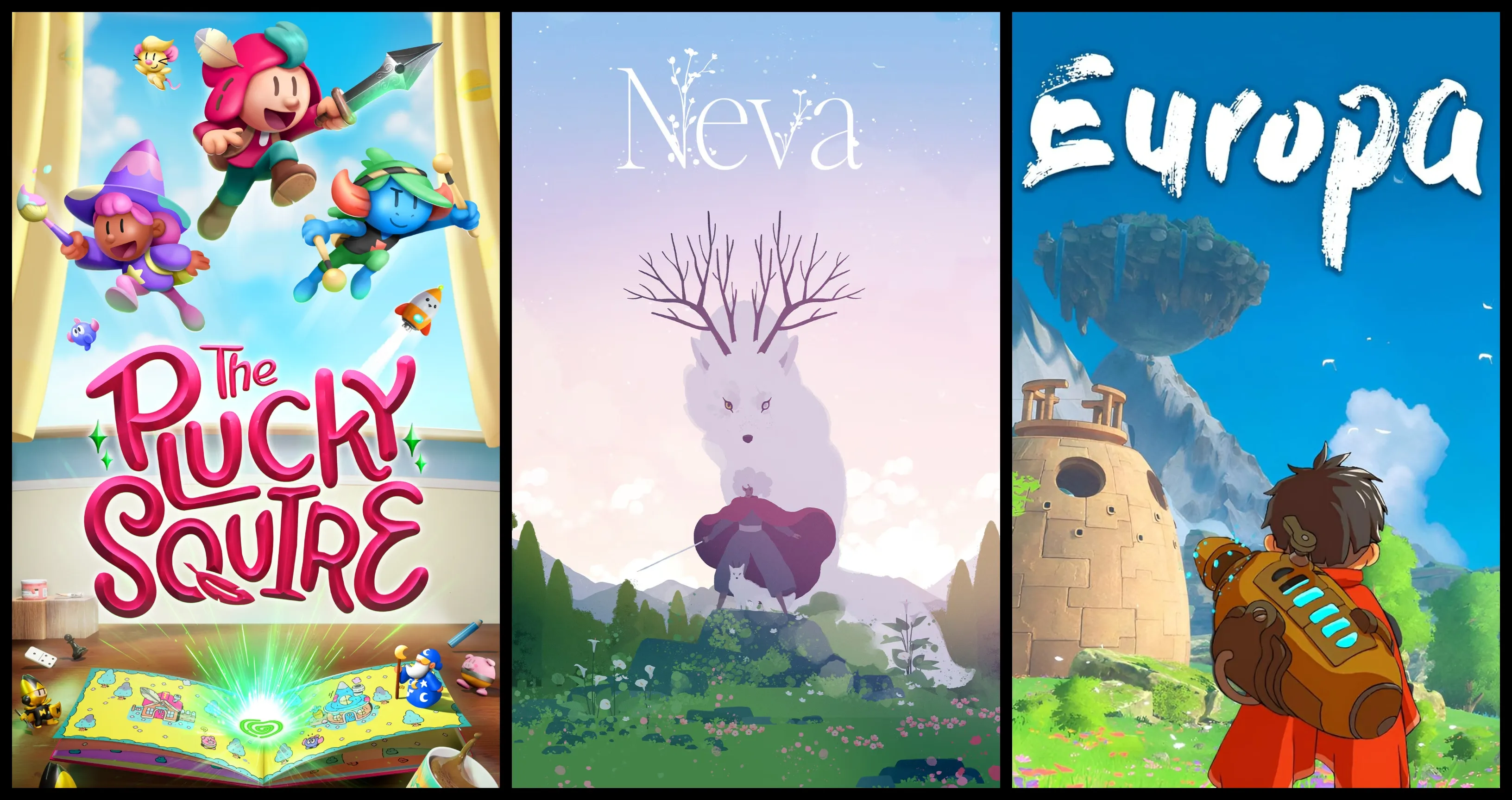
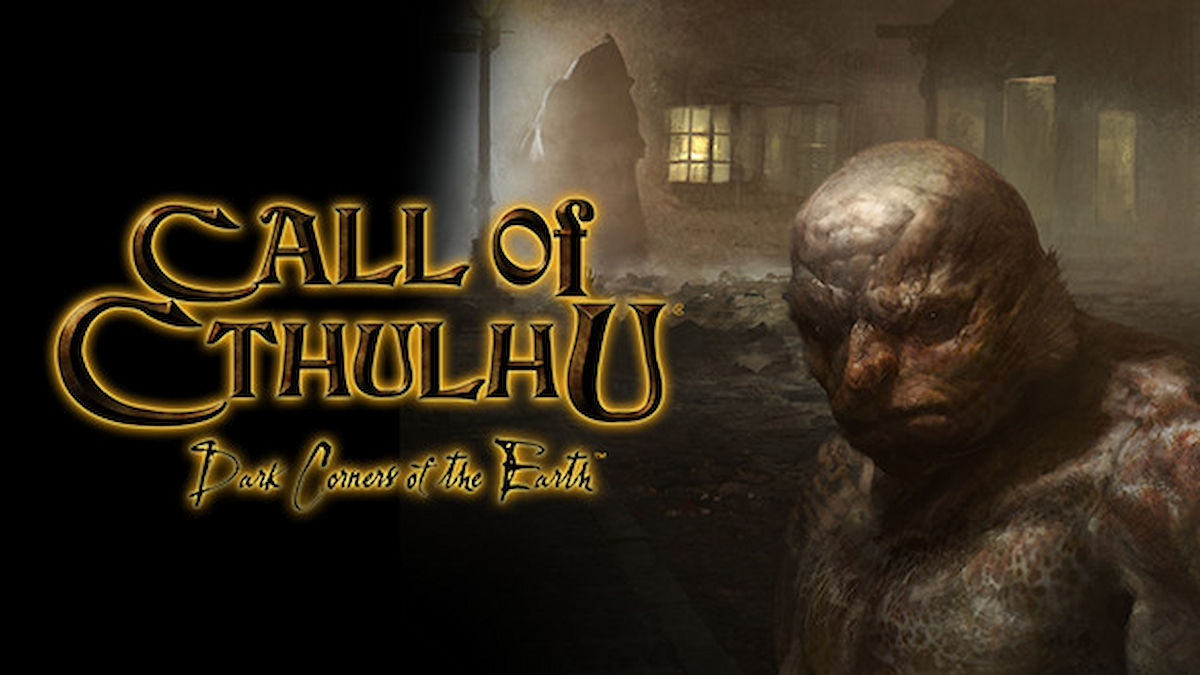
Published: Dec 19, 2017 06:55 pm